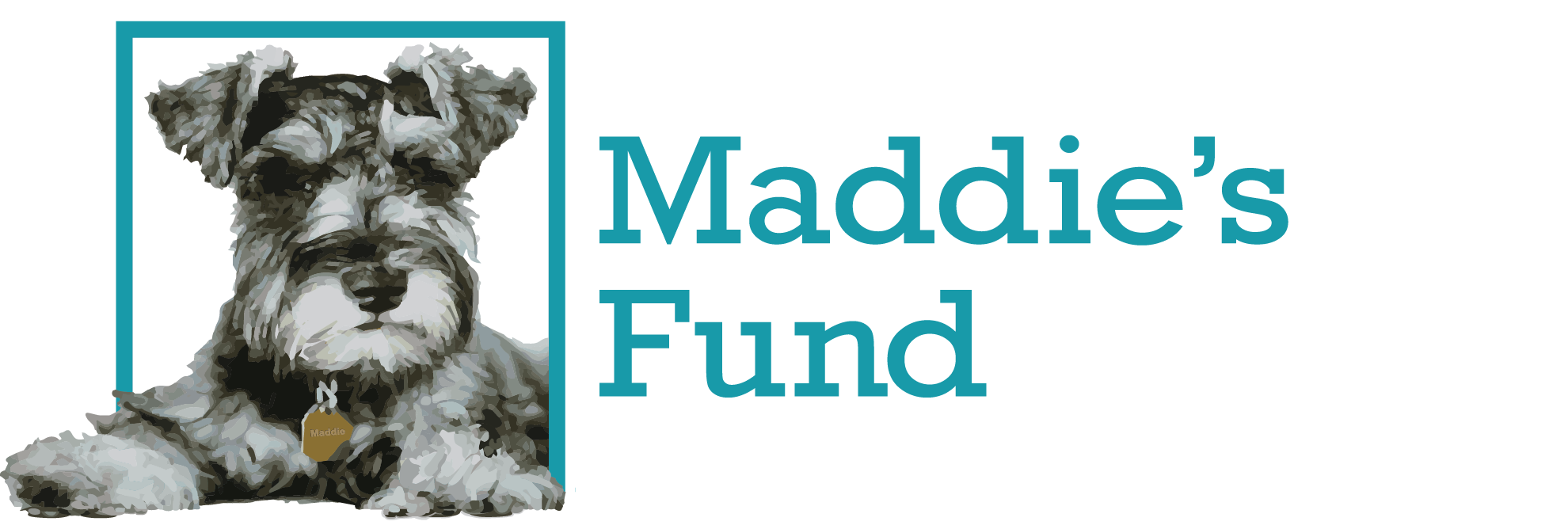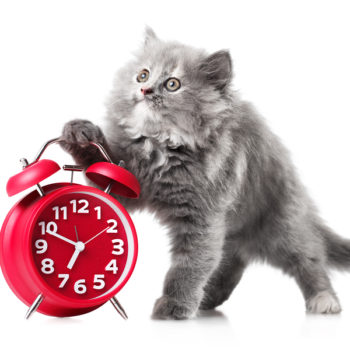It turns out procrastinating pays off for animal welfare workers — and so does getting everything done on time!
In a blog post published last year by ASPCAPro, Julie Morris discussed her own “pre-crastination” — the fact that she gets everything done not just on time, but early. That’s usually what we think of when we envision someone successful at what they do — “The early bird catches the worm” being a maxim of good business performance.
But, as Morris also pointed out, procrastination isn’t a sign that you’re not good at what you do; it probably means you have a particular approach to evaluating new ideas, and tend toward high levels of creativity. She discussed a TED Talk by Adam Grant, a professor at the Wharton School at the University of Pennsylvania and author of Originals: How Non-Conformists Move the World:
Grant points out that procrastination often triggers the most creative and productive results. Our brains continue to process and work on idea generation right up to the absolute deadline. He tells the story of Martin Luther King and his most famous speech, “I Have a Dream,” a defining moment in the American Civil Rights movement. Did you know that Dr. King was also a procrastinator, and in fact was up half the night before he delivered that speech—and was still scribbling notes and crossing out lines while waiting his turn to speak? Even better, as Grant shares, the line “I have a dream” was not even written down. Yup, totally ad-libbed. While procrastination can be a vice when it comes to productivity, it can be a virtue for creativity.
Of course, the world can’t be made up only of procrastinators or “pre-crastinators.”
“Animal welfare needs the people who make sure the animals go through intake quickly, are moved efficiently through the shelter to adoption, and receive necessary medical treatment, enrichment or other care on time,” said Dr. Laurie Peek of the Maddie’s Fund Executive Leadership Team. “It needs the people to fill out grant applications fully and submit them before they’re due, and to keep the organization’s tax-exempt status up to date.”
However, she continued, “Who would have first envisioned a No-Kill nation, or open adoptions, or any of the other innovations that are increasing lifesaving for homeless pets, if not for the dreamers and big-picture thinkers? So we need procrastinators, too.”
In fact, Peek pointed out, we should probably stop using negative terms like “procrastinators” at all.
“Everyone has something to offer to lifesaving for animals,” she said. “Everyone can give from their own unique strengths, as long as we understand what those are and adapt our organizational models to let everyone do their best work. Everyone benefits — the individual, the organization, and above all, the animals.”

